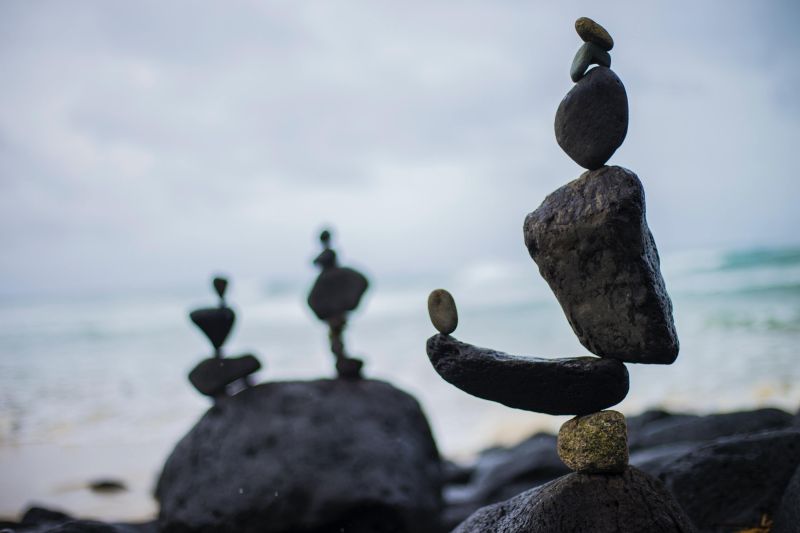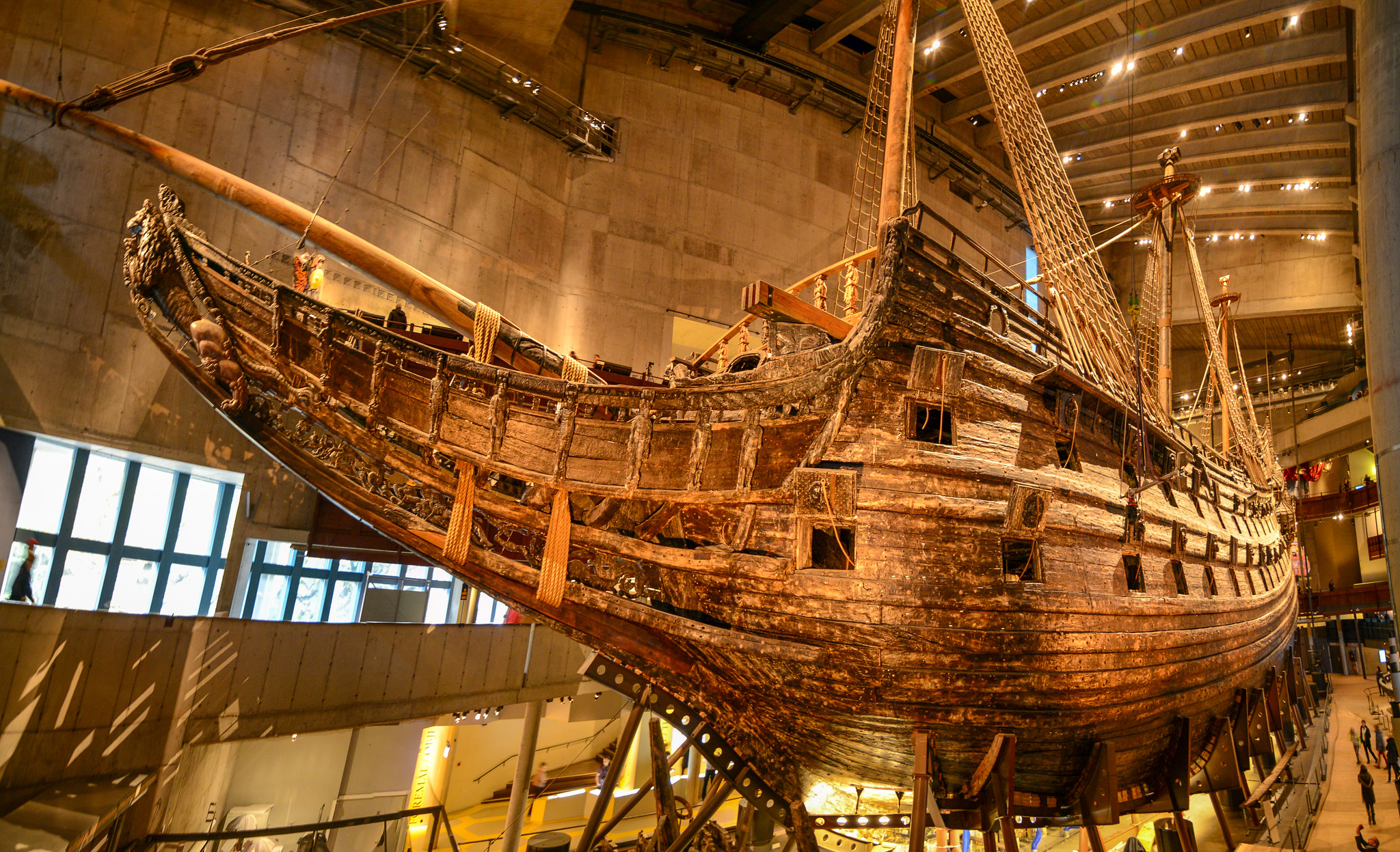You can get anything you want. But you have to ask for it. The U.S. had an election last Tuesday, and they still don’t know the result. We had an election in Denmark on Nov 1st. As usual, our result was ready before midnight on election day.
Now, we actually count paper ballots here in Denmark, and the U.S. uses computers. But that isn’t the whole explanation of why we are so much faster. The main reason is that we have decided that we want a quick result. Thus, we have a cut-off date for advance voting three days before election day, and all the advance votes are ready to count on election day. Vote counting is easily parallelized, and we have enough people counting. The U.S. could do the same, but they have prioritized other factors.
When IT says something can’t be done, it is rarely true. It might indeed be difficult, or expensive, or require you to give up functionality of higher value. If you work in IT, don’t say something is impossible. If you request work from IT, don’t accept the answer of “impossible.”


